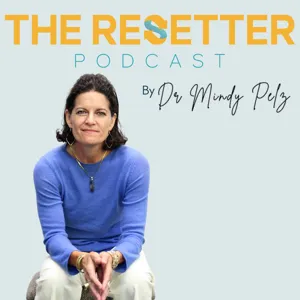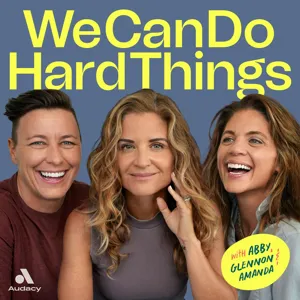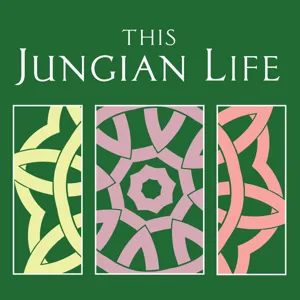Is the future relevant? Can we suspend immediate satisfaction in favor of our descendants’ quality of life? Legacy comes from the Latin root legatia: one who is sent on a mission [into the future]. It is an act of benevolent imagination to accompany our choices forward in time and take responsibility for their fruits – by facing the long future we have set in motion, we can choose wisely.
We are like King Midas, who nursed the satyr Selenius and was rewarded by the god Dionysus with one wish. Seduced by the fantasy of limitlessness, he wished that all he touched turned to gold. His elation gave way to horror as his touch turned fruit, meat, and wine into gold. Lacking foresight, he could not feel the reciprocity between the present and the future.
Late in life, Jung struggled with a vision of the future – humanity would ultimately destroy itself. Bearing this, he hoped analytical psychology could intervene. If only people would turn within and embrace the autonomous forces of the unconscious, the ego could be set in right relationship to the Self and the earth.
"Rather seek for yourself and your fellows the healing vessel, the servitor mundi, which you urgently need. For your state is perilous; you are all in imminent danger of destroying all that centuries have built up.”
CG. Jung,Memories, Dreams, Reflections
Once we accept the temporality of the ego and embrace our fragile mortality, we can find meaning in what we will leave behind for future generations. We come to understand that we can, in essence, become immortal through our legacies.
Here’s the dream we analyzed:
“On the way to our new house, big rocks are scattered across the way. When we approach the building site, we come to a man in his 50s who looks like a fisherman. He holds a snake and shows it to us. Then I see lots of snakes around him on the ground. I am really scared and try to move out of the situation as soon as possible. The man looks amused as if he challenged us. There is also an old woman beside the man, but her age is not determinable. I find an alternative way to get to the house with my husband. The other way is a bit longer. We climb big rocks where there is some water falling over the sides. I Don’t know whether we finally get out of the situation or not.”
REFERENCES:
CATAFALQUE: Carl Jung and the End of Humanity, by Peter Kingsley https://www.amazon.com/dp/1999638417/ref=cm_sw_em_r_mt_dp_FTK8MZ6AC8J76ND77QTJ
MEMORIES, DREAMS, REFLECTIONS by CG Jung https://www.amazon.com/dp/B01BW37JXE/ref=cm_sw_em_r_mt_dp_GW7CM3KWS2CA3WHPHRQK
THE LONG NOW FOUNDATION, https://longnow.org/
RESOURCES:
Learn to Analyze your own Dreams: https://thisjungianlife.com/enroll/







